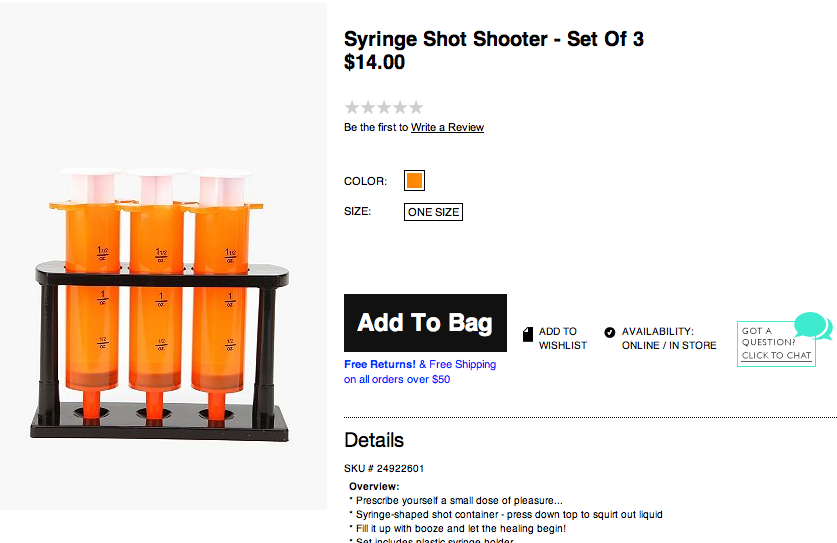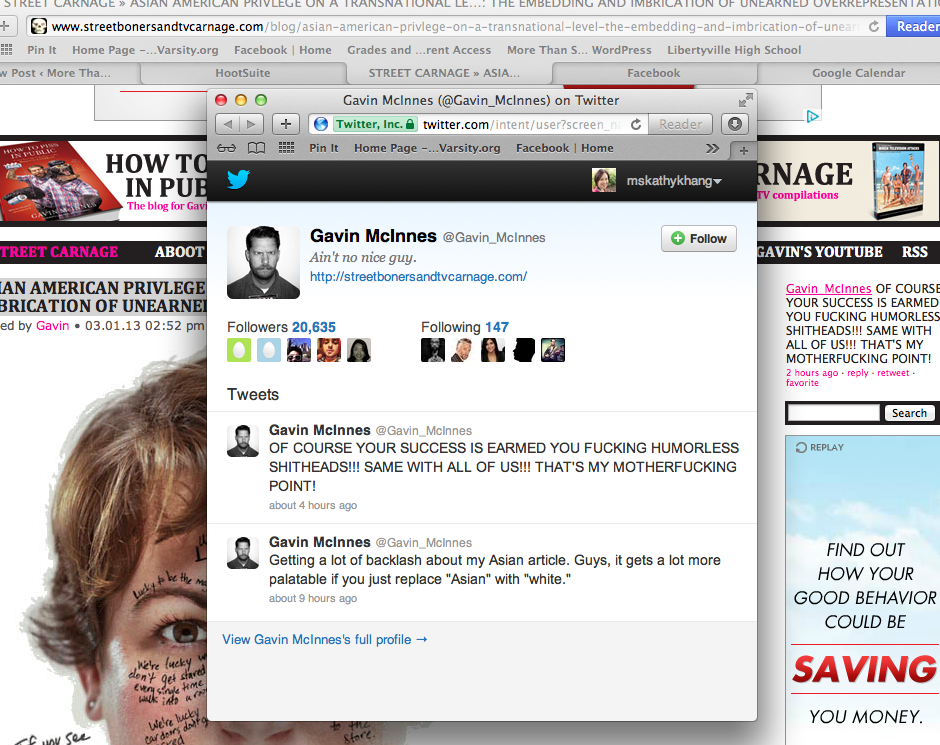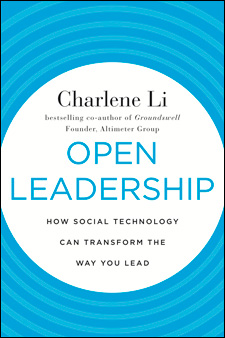
Isn’t this what comes to mind when you hear people talking about platforms? No? What’s wrong with you? These are my favorite, but I do wish I had bought both patterns of the same shoe because these are so comfy.
Now that I have your attention…
I’m not exactly sure on how to build a platform, and by platform I do not mean shoes or a stage. I know shoes, but I am not a carpenter. I am talking about social media platforms, and there actually are experts out there. It’s a thing. Just google it. The experts talk about platform, branding (which I associate with advertising and cattle, but that is another topic for another day), messaging, consistency, etc. I occasionally read about building a platform because I have promised a certain editor or two book proposals multiple times, and book proposals in today’s market require some knowledge or understanding of platform. The experts KNOW. I’m not sure but I have some thoughts and warnings.
- Just because you have traffic doesn’t mean you’re a good writer. Deep down we all get a rush knowing the traffic on your blog ticked up or a tweet was retweeted, etc. Admit it. If you can’t admit it, you’re not being honest. And if you’re not being honest, then you will never be able to handle reality which is traffic does not equal your best content. My highest traffic posts involved some megachurch pastor who never communicated with me personally. Those posts were not my best content. Those posts were not examples of my best writing. IF you are just looking to increase traffic write about sex, Game of Thrones, megachurch pastors, or sex.
- Just because you don’t have traffic doesn’t mean you’re bad writer. Some of my best posts are the ones that sit there and are read quietly by my dear readers, who don’t number in the thousands but more in the hundreds. In fact, yesterday there were only 42 readers on this blog. I have less than 300 people following my blog.
- When you write from your heart, pray while you write, edit, and before you hit “publish”. And keep praying. Much of what I write about hits at the intersection of gender, faith, race, and ethnicity. It’s not everyone’s “thing” but it is the thing that God has compelled me to write and speak about. That intersection is what catches my heart and keeps me up at night because it affects the way I heard and hear God. It also makes people upset, angry, defensive. Racism and sexism are touchy subjects amongst the church-going crowd. If you are writing to build a platform, I humbly suggest you reconsider your motives. Writing for an audience is soul-bearing work. It’s work. It’s a discipline. Just like praying.
- Engage with your readers not your critics. My dear readers are thoughtful. They respond with open hearts and honest questions. Writers should engage with their readers. However, when my stats go through the roof because I’ve written a controversial post or about something that became a controversy I get crazy comments and crazier personal messages that demand I repent, retract, kowtow, etc. Am I judging those commenters? Yes. Those commenters usually are not regular readers and their comment is a critique. I let my readers respond to them. That’s right. Let your readers engage with your critics. If your readers are like mine they are thoughtful and sharp, and they will call out a troll when they see one.
- If you are serious about building your platform you have to be committed to writing consistently. This is where I offer advice I have heard but have not taken. I am not building my platform. I write when I want to write because this isn’t my livelihood nor is “writer” my primary vocation. However, I have been putting much more thought into being a better, more consistent blogger for my own development as a writer and for my readers who deserve more than a post here and there every few weeks.
For my fellow writer/speaker friends and readers out there, what have you learned about building your platform? What words of advice, warning, and encouragement can you give?


 I grew up believing that taking advantage of the very best education money and hours of studying could get you was the key to the Asian American dream. There’s no doubt a strong education remains key but an Ivy League degree isn’t the only key. The world of social technology – the development and use of – is changing the way leadership and social power works.
I grew up believing that taking advantage of the very best education money and hours of studying could get you was the key to the Asian American dream. There’s no doubt a strong education remains key but an Ivy League degree isn’t the only key. The world of social technology – the development and use of – is changing the way leadership and social power works. Kathy Khang blogs at
Kathy Khang blogs at